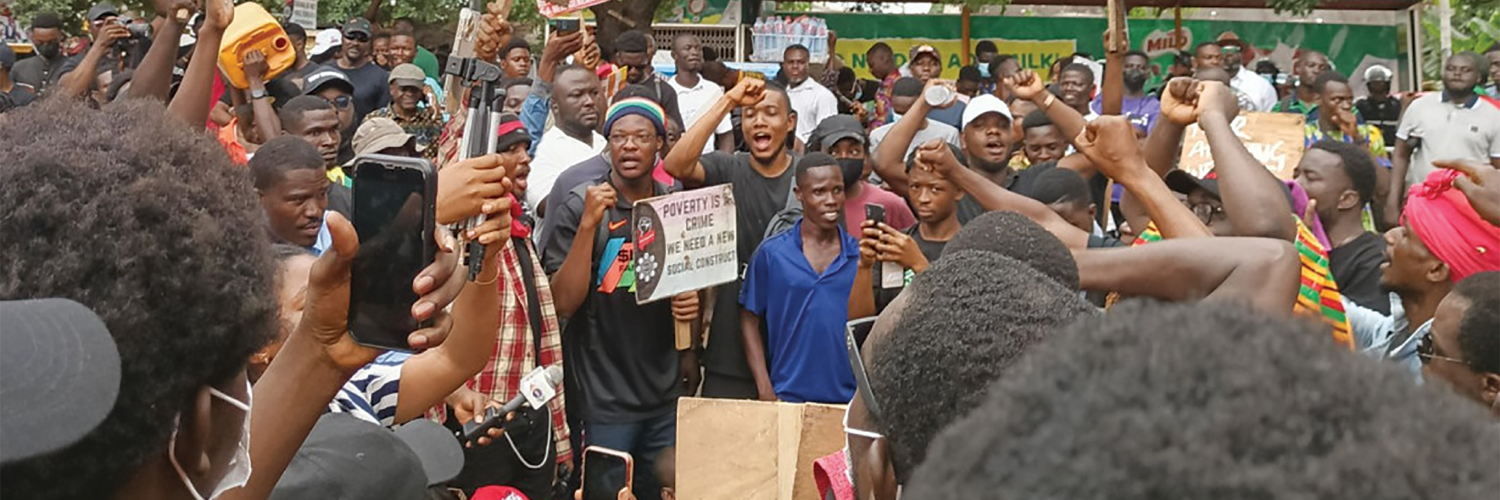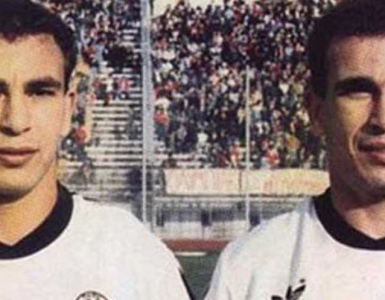INDIFFERENCE: The West African nation is getting ready to vote tomorrow amid a sense of apathy, frustration, and cautious hope…
By Nicholas Mwangi
As Ghana approaches the December 7 2024, general elections, a mix of apathy, cautious optimism, and frustration is palpable.
Voters will elect a new president, over 270 parliamentary representatives, and chart the course for a nation grappling with serious economic challenges. Nearly two million young people lack access to education, employment, or training, underscoring the depth of the crisis.
Despite being one of Africa’s leading gold and cocoa producers, Ghana is contending with economic instability that has eroded public trust in its institutions.
In 2022, the government sought a financial bailout from the International Monetary Fund (IMF) to address its dire economic situation—a sign of broader systemic failures in economic governance. However, as always, reliance on IMF interventions has offered only short-term relief without tackling the structural issues stifling growth and resilience.
The presidential race pits Vice-President Mahamudu Bawumia of the ruling New Patriotic Party (NPP) against former President John Dramani Mahama of the opposition National Democratic Congress (NDC). Mahama, who governed from 2012 to 2016, is hoping to reclaim power, while Bawumia is aiming to secure another consecutive term for the NPP.
Mahama and Bawumia are not the only contestants in the race, however. Among the 13 presidential candidates, Nana Akosua Frimpomaa Sarpong Kumankuma of the Convention People’s Party (CPP) is the only female contender, following the death of another female candidate. Once a dominant political force under Kwame Nkrumah, the CPP now holds little influence over the election’s outcome.
For many Ghanaians, the abundance of candidates offers little solace. Speaking to Kwasi Adarkwa, a member of the Socialist Movement of Ghana, the disillusionment is evident. “The youth and working people are eager to vote, but they know they’re choosing between two faces of the same coin,” he says. “Most Ghanaians expect little to change, regardless of who wins. At best, one party may introduce poorly thought-out policies or hold political opponents to account.”
The Socialist Movement of Ghana echoed this sentiment in their Founders’ Day message on September 20 2024. Addressing the elections, they urged citizens to move beyond the narrow confines of electoralism:
“We reject the position that all we can do as citizens is accept the options that the elites have placed before us, vote for one of them, and retire again into passivity while others destroy our lives. We reject the position that the citizen’s vote is their power. Voting is just one ‘power’ that we have as citizens. Elites promote electoralism because it is an individualistic and secret act that protects the status quo. Our real power lies in our ability to organise, mobilise, and control social decision-making to achieve what our communities need and aspire to.”
They clarified that this was not a call to boycott elections but to reframe how citizens engage with politics:
“This is not a call to boycott or ignore elections. It is a call to go beyond electoralism. Our approach to elections should be to listen to what different candidates and parties are offering critically and collectively from the perspective of our various social class interests and put forward our demands for shaping the future. Of course, we must mobilize to protect our votes and prevent manipulation or intimidation, especially by State officials under the control of the NPP. However the vote goes in December, our real responsibility as the People, must be to prepare to challenge our exploiters and impose our authority over whatever government takes office in January 2025.”
The NPP, once buoyed by promises of economic transformation, has faced allegations of corruption, wasteful governance, and suppression of civil liberties. The NDC’s track record offers little reassurance too, leaving voters feeling trapped between two underwhelming options.
Outside the dominant NPP-NDC rivalry, two candidates have attracted modest attention. Alan Kyerematen, a former NPP minister, now leading the Movement for Change, is campaigning on institutional reforms and “private-sector-led” development. Nana Kwame Bediako, a real estate entrepreneur, has appealed to younger voters with promises of regional economic industrialisation. However, both candidates remain overshadowed by the two major parties, Kwasi notes.
Traditional media outlets continue to shape the election narrative, but the growing influence of social media is also evident. Leading parties have utilised these platforms extensively, though concerns over press freedom persist. Reports of government intimidation of opposition-aligned media have also emerged, Kwasi says, adding to a broader distrust of the Electoral Commission of Ghana. The NDC and one part of the population have accused the commission of mismanagement and partiality.
To win the presidency in the first round, a candidate must secure more than 50% of the votes; otherwise, a runoff will take place on December 28. As Ghanaians prepare to vote, the stakes are high. The people must hold the next government accountable for steering the country toward economic recovery, promoting equality, and rebuilding trust in its institutions.
* Nicholas Mwangi is a member of the Ukombozi Library in Kenya
Comment
DRIVERS MUST VALUE LIFE
While many South African are preparing to celebrate the festive season with their families, this is that time of the year when others are unknowingly preparing their eternal departure from this planet caused by reckless and arrogant drivers who have no regard for human lives.
It is that time of the year when the hopes and ambitions of hundreds of people are shattered as they had been with others during the same period last year when a total 1427 people died on South Africa’s roads due to car accidents.
According to the ministry of transport, a total 40,9 percent of these fatalities last year, were pedestrians, 33,6 percent were passengers, 24,6 percent were drivers and 0,8 percent were cyclists. Most accidents occurred between 7pm and 10pm, peaking between 8pm and 9pm.
Despite repeated pleas from the government and law enforcement authorities that drivers must obey the laws of the road, these pleas continue to fall on deaf ears and resulting in a trail of death and destruction along the roads especially this time of the year when families go on holiday and to celebrate the festive season with their families.
We join the government and law enforcement agencies in again calling on drivers to spare a thought for people’s lives. Life is a gift from The Almighty and every effort has to be made to protect it.
Most drivers have shown total disrespect for the rules of the road especially in the townships where motorists drink and drive, travel at high speed and even stop in the middle of road to disrupt traffic and provoking unnecessary fights.
While members of the South African Police Services have shown their commitment to fight crime, we also call on Metro Police to do likewise and commit themselves to eradicating this lawlessness on our roads.
It is a fact that Metro police were seldom visible especially in the township streets where there has now been a mushrooming of unregistered vehicles even operating as taxis and driven by people without valid licences. And, obviously most, if not all these vehicles, are not insured.
South African taxi associations have always done their utmost to drive the message to their members urging them to drive carefully and to ensure that their customers reached their respective destinations safely.
The ball is in the court of our law enforcement agencies to intensify their crackdown on errant and reckless drivers who refused to heed the rules of the road.
The country is experiencing the loss of many lives that could have been avoided if our drivers had respected the country’s road laws especially those relating to drinking and driving .
We remind all those drivers who will be travelling around the country from this weekend to respect others on the road.
Life is precious. Drivers must safely carry the lives of others and make sure they do not carry their blood on their hands.
So, to all the drivers, please drive safely, value life and have a great Christmas.





























